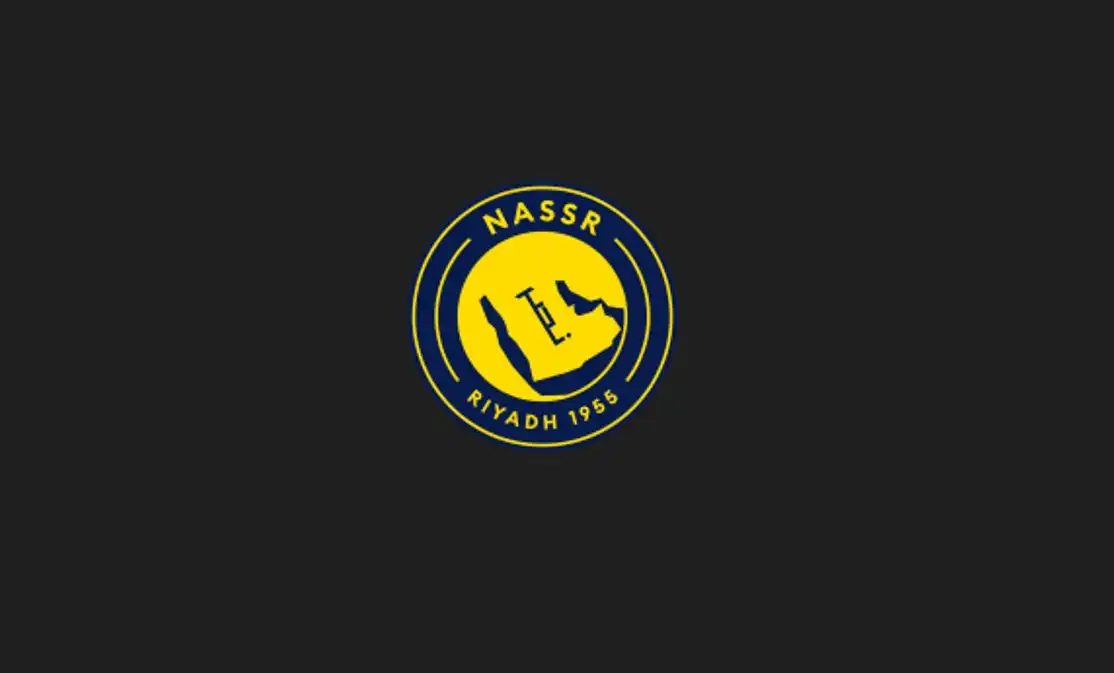Saudi Football's Next Chapter: Ronaldo's Al Nassr Up for Sale as PIF Pivots to Privatization
Muhe - Thursday, 28 August 2025 | 05:00 PM (WIB)


From State-Backed Splurge to Self-Sufficient Spectacle
But here's where the plot thickens. That initial investment, while undeniably transformative, was always just the first act. The PIF's long-term vision isn't to be a perpetual ATM for these clubs. Their objective is crystal clear: privatize these footballing giants, make them financially self-sufficient, and ultimately, profitable. Imagine that – clubs that don't need a constant direct feed from government coffers, but rather stand on their own two feet, generating their own revenue and thriving in a competitive market. It’s a total game-changer, moving from an era of heavy-duty investment to one of sustainable, market-driven growth. Talk about a strategic pivot!This initiative aligns perfectly with Saudi Arabia's ambitious Vision 2030, which aims to diversify the economy away from oil, enhance quality of life, and foster a vibrant society. Sport, and football in particular, has been identified as a key pillar in this transformation. By privatizing these clubs, the PIF isn't just offloading assets; they're creating a robust, attractive investment opportunity for private sector players, both domestically and internationally. It's about building an entire ecosystem where football isn't just a passion, but also a bona fide industry.The Ronaldo Effect: More Than Just Goals
Now, let's talk about the elephant in the room, or rather, the global icon who has single-handedly elevated Al Nassr's profile: Cristiano Ronaldo. When Ronaldo inked that earth-shattering deal with Al Nassr, it wasn't just about his phenomenal goal-scoring prowess (though, let's be honest, he's still got it). His arrival immediately catapulted the club, and by extension, the entire Saudi Pro League, onto the world stage. Suddenly, everyone was talking about Al Nassr. Social media followers exploded, jersey sales went through the roof, and broadcast rights became significantly more valuable. He brought eyeballs, sponsors, and an undeniable aura of celebrity to a league that, for many outside the region, was relatively unknown.This is where things get truly fascinating. Sources indicate that Ronaldo could potentially receive a share of the profits from Al Nassr's sale. You might think, "Whoa, that's unusual!" But actually, for a player of his unparalleled stature and commercial impact, such a clause isn't as out-of-left-field as it sounds. It’s a smart, forward-thinking move often included in contracts for high-profile athletes whose presence doesn't just improve the team on the pitch, but fundamentally boosts a club's market value, commercial appeal, and global brand recognition. His brand is a significant part of Al Nassr's increased worth. So, if the club sells for a higher price thanks in no small part to his presence and influence, it makes a certain kind of business sense that he benefits. It's almost like he's not just an employee, but a stakeholder in the club's commercial destiny.The "Next Phase": A New Era for Saudi Football
This move towards privatization isn't just a minor adjustment; it marks what many are calling the "next phase" for Saudi football. It’s a natural evolution. The initial phase was all about the big splash – attracting top talent, investing heavily in infrastructure, and generating global attention. Now, it's about consolidating that success, institutionalizing it, and ensuring its long-term viability. It’s a transition from direct PIF investment to robust, dynamic private ownership, where market forces will play a much greater role in shaping club fortunes.What does this mean for the future? Well, for starters, it suggests an even more professionalized approach to club management. Private owners will be driven by profit motives, which usually translates to tighter financial controls, innovative marketing strategies, and a keen eye on developing sustainable revenue streams, from merchandising and ticketing to global partnerships. It could also lead to more varied ownership models, perhaps attracting international consortiums keen to tap into the burgeoning Saudi sports market.The road ahead won't be without its challenges, of course. Attracting the right private investors, ensuring fair valuations, and maintaining the competitive edge without continuous state subsidies will require shrewd decision-making. But if successful, this privatization strategy could serve as a blueprint for other sports in the Kingdom and even inspire other leagues globally. It’s a bold gamble, a testament to Saudi Arabia's unwavering commitment to transforming its sporting landscape. As Al Nassr, and potentially other PIF-owned clubs, prepare for their next chapter, all eyes will be watching to see how this exciting new era of self-sustaining, privately-owned football unfolds.
Liverpool vs Arsenal Prediction: Week 3 of the 2025/2026 Premier League
14 days ago

Rayo Vallecano vs. Barcelona Prediction: Week 3 of La Liga 2025/2026
14 days ago

Messi's Last Dance? The GOAT Hints at a Potential World Cup Farewell in 2026
15 days ago

Real Madrid vs Mallorca Prediction: Los Blancos Aim for Third Consecutive Win
15 days ago

West London Derby: Chelsea vs. Fulham Prediction, Week 3 Premier League Match
16 days ago

Manchester United vs Burnley Prediction: Tough Test at Old Trafford
16 days ago

The Roar of History: Why Almaty Ortalık Stadium Isn't Just a Venue, It's Kazakhstan's Heartbeat
16 days ago

Wayne Rooney’s Stark Warning: Can Manchester United Still Attract Elite Managers?
16 days ago

The End of the Road: Ole Gunnar Solskjaer's Turkish Adventure Concludes Abruptly at Besiktas
16 days ago

Argentina vs. Venezuela: Lionel Messi's Final Moments in Home?
16 days ago
